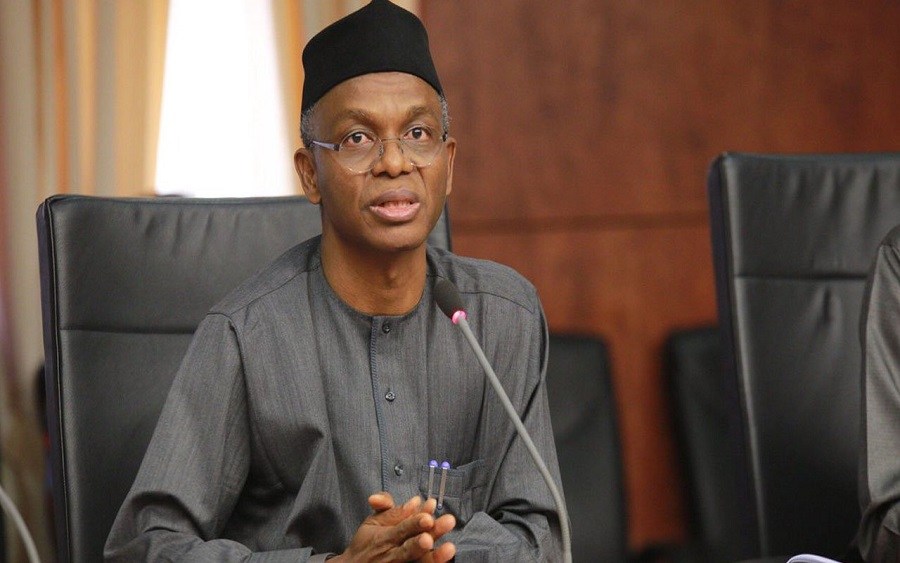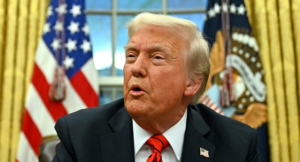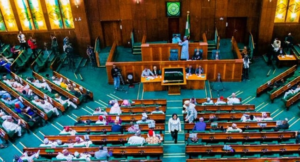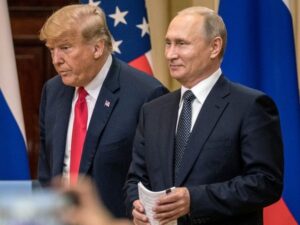
Nasir El-Rufai, Kaduna state governor, says bandits have challenged the sovereignty of Nigeria and must be wiped out.
He said government at all levels must “immediately and without hesitation” put an end to the activities of bandits.
El-Rufai made the remark on Wednesday at the presentation of the 2020 Annual Security Report in Kaduna.
“Banditry has severely impacted the rural economy and shaken the confidence of citizens,” he said.
“We must put a stop to these criminal acts and enable our people to live their lives in peace and safety. This is a most urgent task.”
El-Rufai said Kaduna will not engage bandits in dialogue or offer them any form of amnesty.
He said: “We will neither negotiate with criminals of any description nor support any grant of amnesty.
“Criminal gangs, bandits, insurgents and ethno-religious militias made a conscious choice to challenge Nigeria’s sovereignty and menace our citizens.
“These criminals must be wiped out immediately and without hesitation.
“I am assured by the recent directive given to the federal security agencies to wipe out such gun-wielding criminals by the president.”
SIMULTANEOUS AND SUSTAINED BOMBARDMENT
The governor said the failure to mount a “sustained and simultaneous” operation against bandits in the north-west “has emboldened them”.
He said Kaduna and neighbouring states have been supporting the efforts of security agencies with funding and resources since 2015.
“Together with Niger state and our neighbours in the north-west, we put together resources to fund military operations against bandits in the Kamuku-Kuyambana forest range that straddles the region,” he said.
The governor said it is regrettable that the collaboration “was not sustained or expanded into a campaign of continuous, simultaneous operations against the bandits across our vast region”.
“Failure to contain and defeat them in one place has emboldened them to develop a national footprint and endanger national cohesion,” he added.
The governor said the security agencies need more “numbers”, modern technology and equipment to adequately overcome the bandits.
“The security of our communities depend on the robust projection of state power, and that can only be done with sufficient security numbers to overawe and deter criminals,” he said.
FRESH CASE FOR STATE POLICE
El-Rufai also reiterated his call for the decentralisation of policing, noting that the police officers in Nigeria are insufficient.
He said the police setup, as is presently obtainable, is inadequate and “not pragmatic”.
He added: “The prerogatives of the state need to be asserted, not merely proclaimed. The people we put in uniform must never be placed in avoidable danger, outgunned or outnumbered by non-state actors.
“In our view, critical to multiplying and reinforcing state power is a decentralisation of policing. “There are simply are not enough police officers in Nigeria and the idea of policing such a vast, federal republic of nearly a million square kilometres in a unitary manner is not pragmatic.
“This arrangement has already proven inadequate and we should promptly replace it with state police and other levels of policing.”
He added that his government has invested in a CCTV network that is being deployed in Kaduna metropolis “while options for consistent operations of its drones are being explored”.








